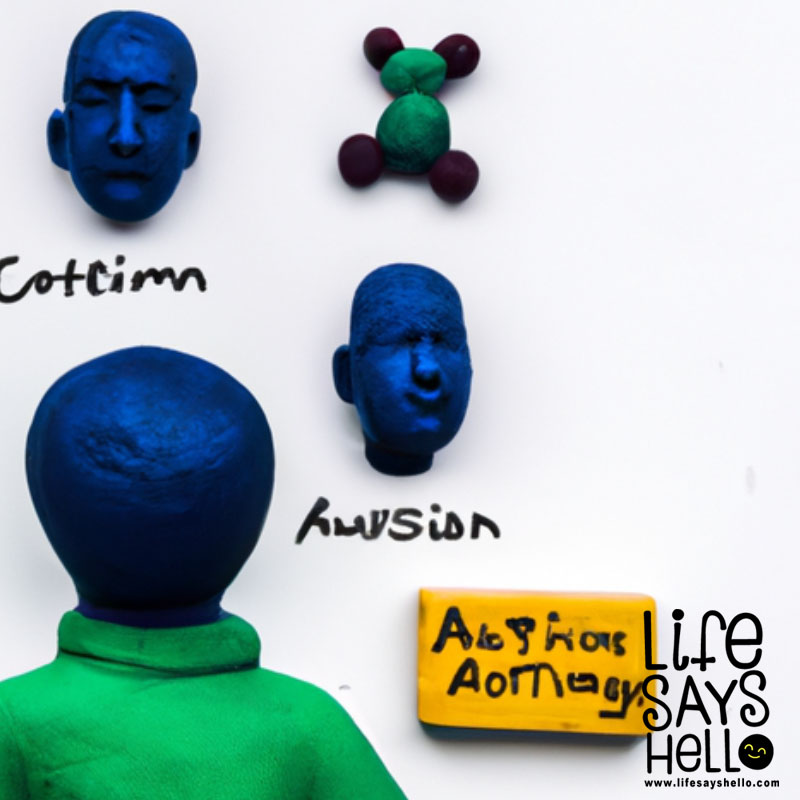Malicious Parent Syndrome: An Overview of its Causes, Effects, and Prevention

Malicious Parent Syndrome is a phenomenon that can occur during custody battles or parental disputes when one parent systematically tries to alienate their child from the other parent. This syndrome can have severe consequences for the child, the alienated parent, and even the alienating parent. In this article, we will explore the causes, effects, and prevention of Malicious Parent Syndrome.
What is Malicious Parent Syndrome?
Malicious Parent Syndrome (MPS) is a form of psychological abuse that occurs when one parent engages in malicious behaviors that aim to turn the child against the other parent. These behaviors can include spreading lies and false accusations about the other parent, coaching the child to make false allegations, and even refusing to allow the child to see the other parent. MPS can lead to the child rejecting the other parent, which can cause lifelong emotional harm to both the child and the alienated parent.
Causes of Malicious Parent Syndrome
Several factors can contribute to the development of Malicious Parent Syndrome. Common causes include:
Personality disorders or mental health issues: Parental behaviors that aim to intentionally harm the child or the other parent can be linked to personality disorders, such as narcissistic personality disorder or borderline personality disorder.
Divorce or separation: The stress and trauma of a breakup can trigger some parents to engage in behaviors that aim to harm the other parent and turn the child against them.
Poor communication between parents: When parents cannot communicate properly, they may use their child as a pawn to hurt or control the other parent.
Effects of Malicious Parent Syndrome
The effects of Malicious Parent Syndrome can be severe and long-lasting. The child may develop emotional problems, including depression or anxiety, and may struggle with forming secure emotional attachments throughout their lives. Alienated parents can also experience depression, anxiety, and feelings of helplessness, as their relationship with their child has been damaged irreparably. Moreover, MPS can lead to legal battles that can drain the resources and time of both parents, as well as the child.
Prevention of Malicious Parent Syndrome
Preventing Malicious Parent Syndrome can be a complex issue, but it starts with recognizing the signs early on and taking appropriate actions. Here are some tips on how to prevent MPS from happening:
Seek legal advice: If you suspect that your child’s other parent is engaging in behaviors that aim to harm them and turn them against you, seek legal advice immediately. An experienced family law attorney can help you navigate the legal process and protect your rights as a parent.
Prioritize communication: Effective communication between parents can prevent misunderstandings and reduce the chances of MPS occurring. Try to avoid heated arguments in front of your child, and discuss major decisions about your child’s upbringing in a civil manner.
Don’t use your child as a pawn: Never use your child as a pawn to manipulate or hurt the other parent. This behavior can be incredibly damaging to the child and can be used against you later in court.
Prioritize the child’s best interests: Always make decisions that are in your child’s best interests. If the other parent is not allowing you to see your child, the court is likely to take into consideration what’s best for the child, rather than which parent is “right” or “wrong”.
Conclusion
Malicious Parent Syndrome can have severe and long-lasting effects on the child, the alienated parent, and even the alienating parent. It’s essential to recognize the signs of MPS early on and take appropriate action to prevent it from happening or escalating. If you suspect that your child’s other parent is engaging in malicious behaviors, seek legal advice immediately and prioritize your child’s best interests. Remember, the goal of any custody dispute should always be to provide a stable and loving environment for the child to thrive, rather than to hurt or control the other parent.




Comments